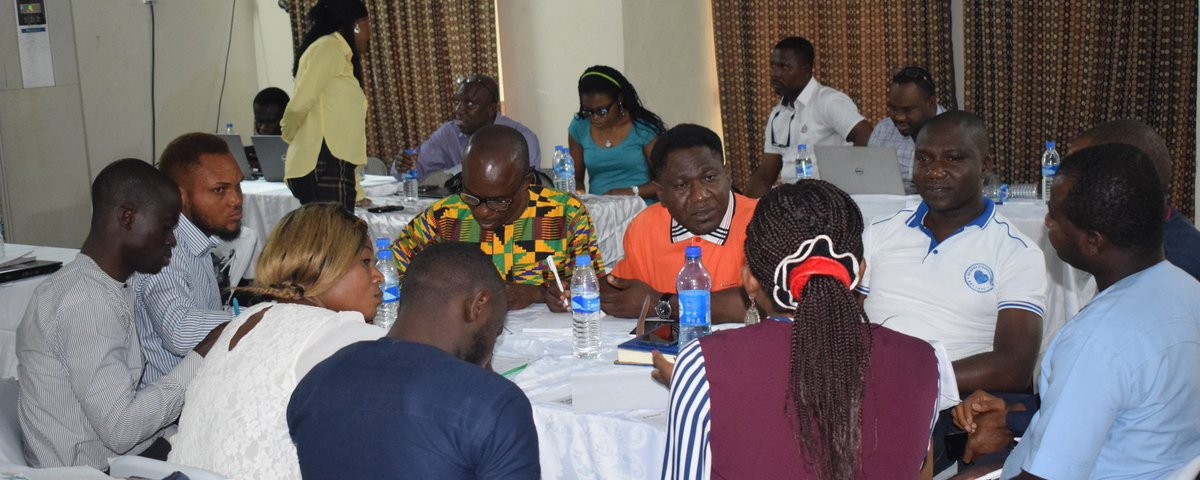Opinion: 5 hacks for a better request for proposals process
February 8, 2019
Chevron receives Two Awards At 2019 NIPS Oil/Gas Industry Dinner
February 8, 2019
Poor agricultural and business practices, as well as lack of access to new technologies for production and processing, are some of the leading factors that limit the growth of farmers and small and medium enterprises (SMEs) in the Niger Delta. The Foundation for Partnership Initiatives in the Niger Delta (PIND) will be training service providers in the cassava, palm oil, aquaculture, poultry sectors, and SMEs from February 5 to 8, 2019 in Port Harcourt as part of the Foundation’s integrated human capacity development models for wealth creation in the region.
The service provider’s model is one of PIND’s new market development approaches for boosting economic opportunities and reducing poverty for thousands of farmers and SMEs. Under this approach, PIND has identified sub-sectors in agriculture with high potentials to generate income and create jobs for a significant number of poor people and it subsequently engaged clusters of farming associations with large numbers of farmers in these sub-sectors across Niger Delta. PIND trains the lead farmers and service providers from the farming associations on best agricultural practices at demonstration farms and they in turn train farmers’ associations. Similarly, under this model, business support service providers receive training on how to offer market linkages, finance, and business advisory services to select Niger Delta-based SMEs.
With the service provider’s approach, PIND has been able to identify and tackle some of the systemic constraints inhibiting growth in the agriculture and MSMEs sectors in a sustainable manner.
Editor’s Picks
USAID, PIND Develop Framework for Inclusive Growth in Niger Delta
PIND pushes for good governance as SACE clocks five
PIND Foundation holds workshop on oil palm seeds linkage
According to a statement made available by PIND’s Knowledge and Communications Manager, Chichi Nnoham-Onyejekwe, in Abuja, about the four-day Service Providers’ Strategic Planning and Learning Workshop, she said “at the workshop, PIND will review the performance of the model with service providers, discuss strategies and plan for 2019 and beyond. The training will equip the service providers with new skills, practices, and processes and they will have the opportunity to share experiences and learnings. The workshop will also serve as a platform for networking and for promoting synergy among service providers, input companies, agro-dealers, top fabricators, spray service providers among others across the Niger Delta”.
One of the key focus areas of the Market Systems Development project is the strengthening of the services market for the enterprises and farmers in the Niger Delta. Over the past six years, PIND has developed training modules and identified and trained over 200 service providers and agro-dealers in the cassava, oil palm, aquaculture and poultry sectors.
PIND’s interventions in human capacity development are yielding good results in poverty reduction and wealth creation in the Niger Delta. Over 50,000 farmers and processors that have been affected by PIND have increased their productivity and having higher yields as a result of improved agricultural practices, access to modern inputs, business practices, information and adoption of new technologies. Success was not recorded only in the agriculture sub-sectors, over 7,000 MSMEs are accessing services and finance to upgrade their businesses and expanding into new markets.
PIND is a Nigerian non-profit organization established in 2010 with initial funding by Chevron Corporation to promote peace and equitable economic development through partnerships in the Niger Delta.









